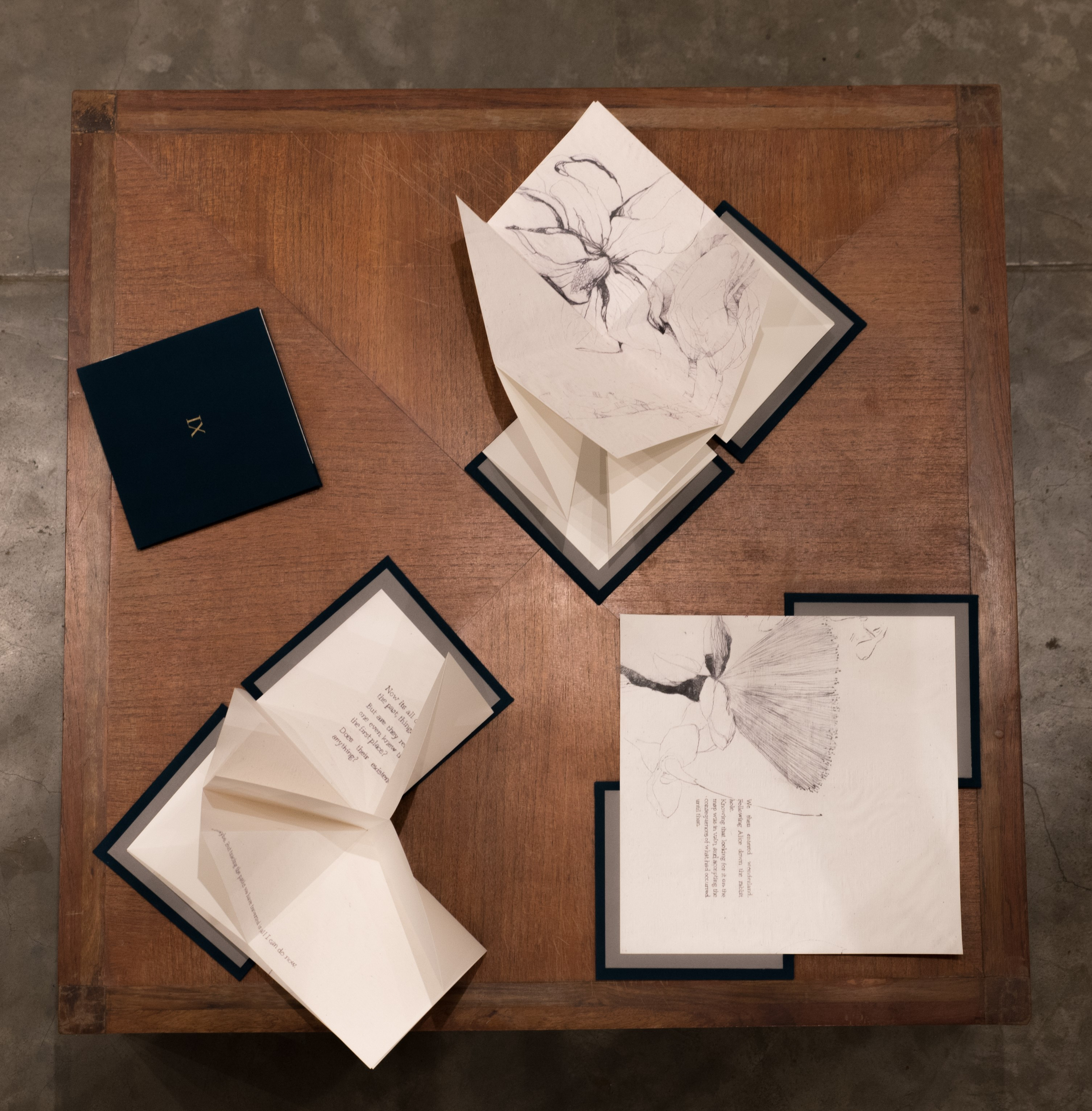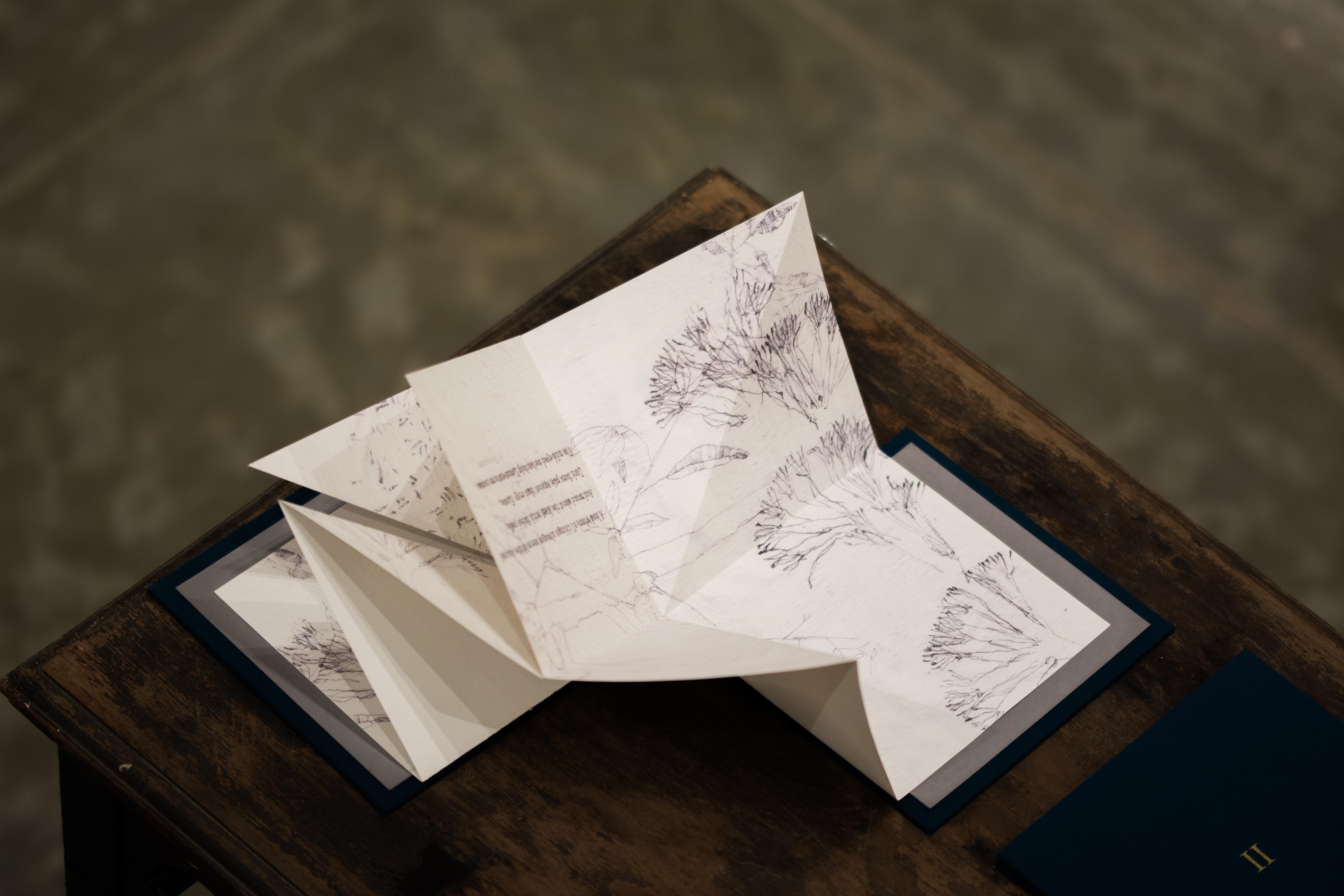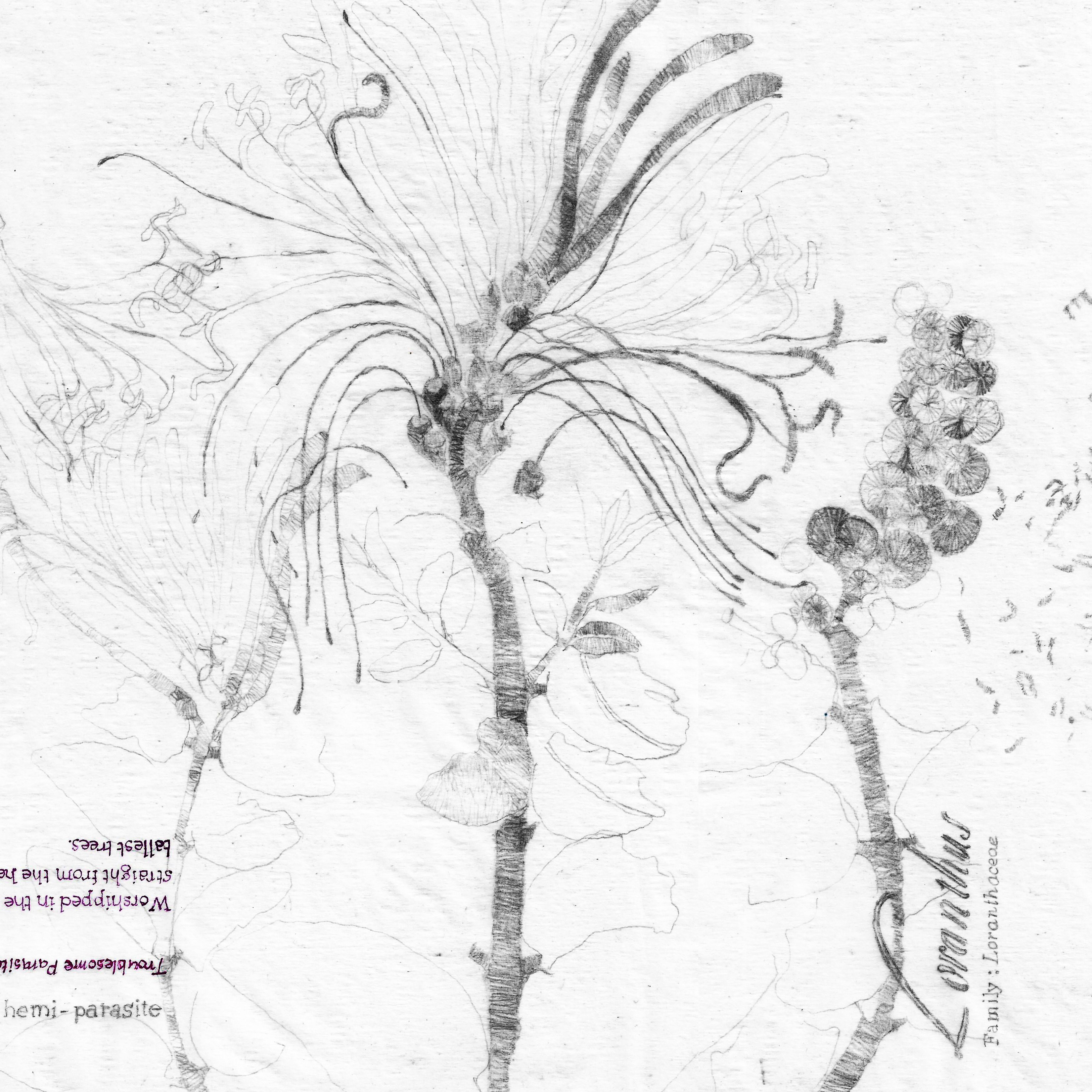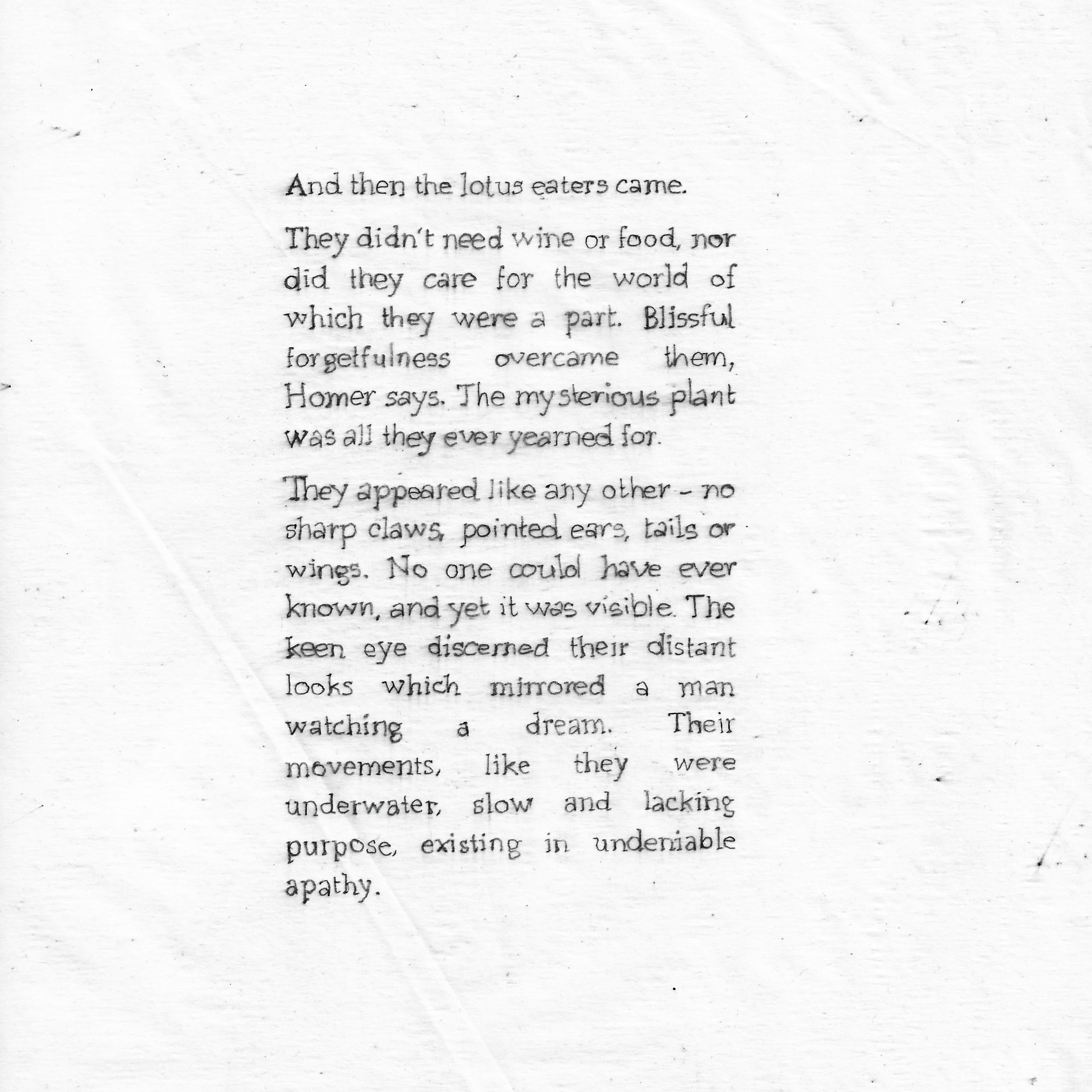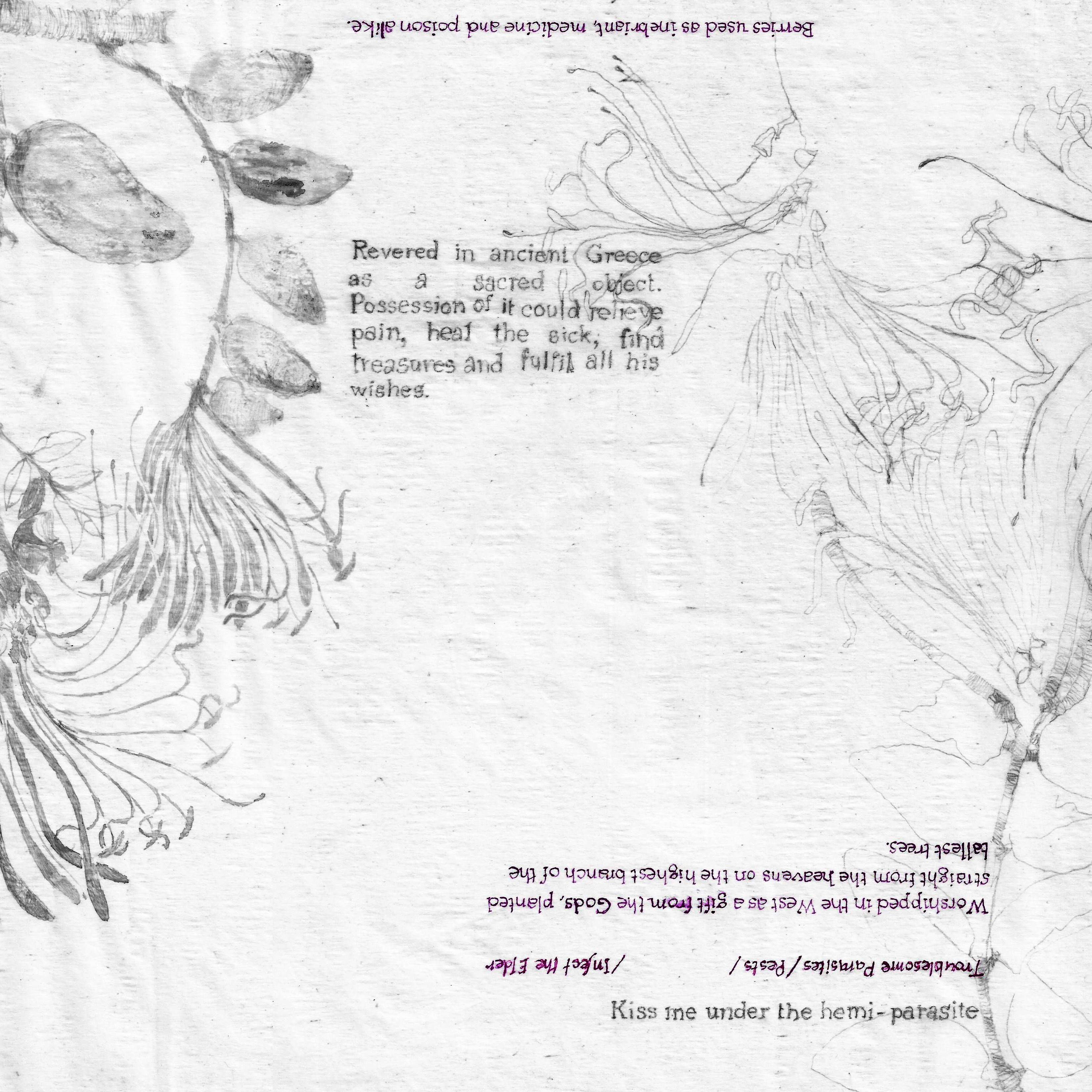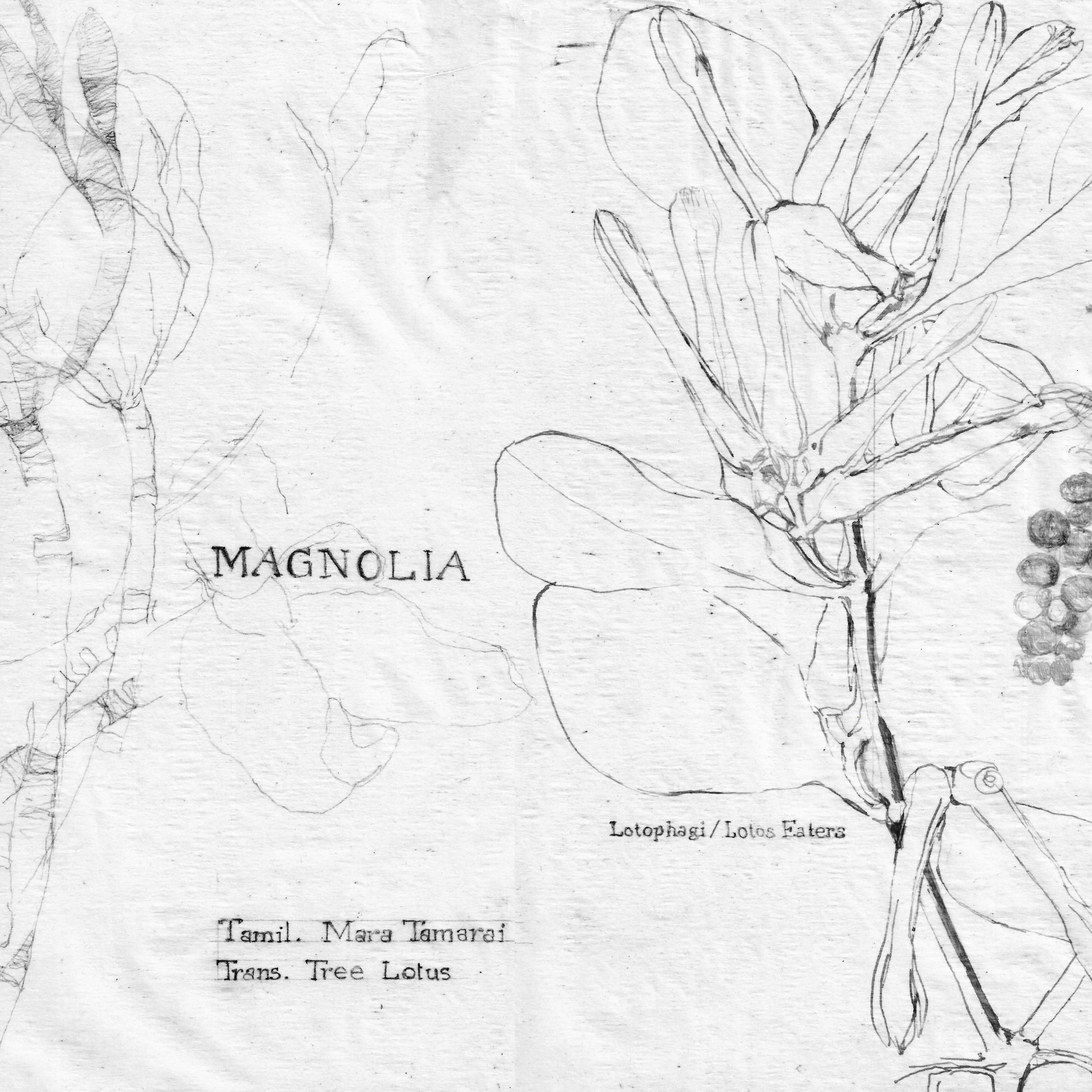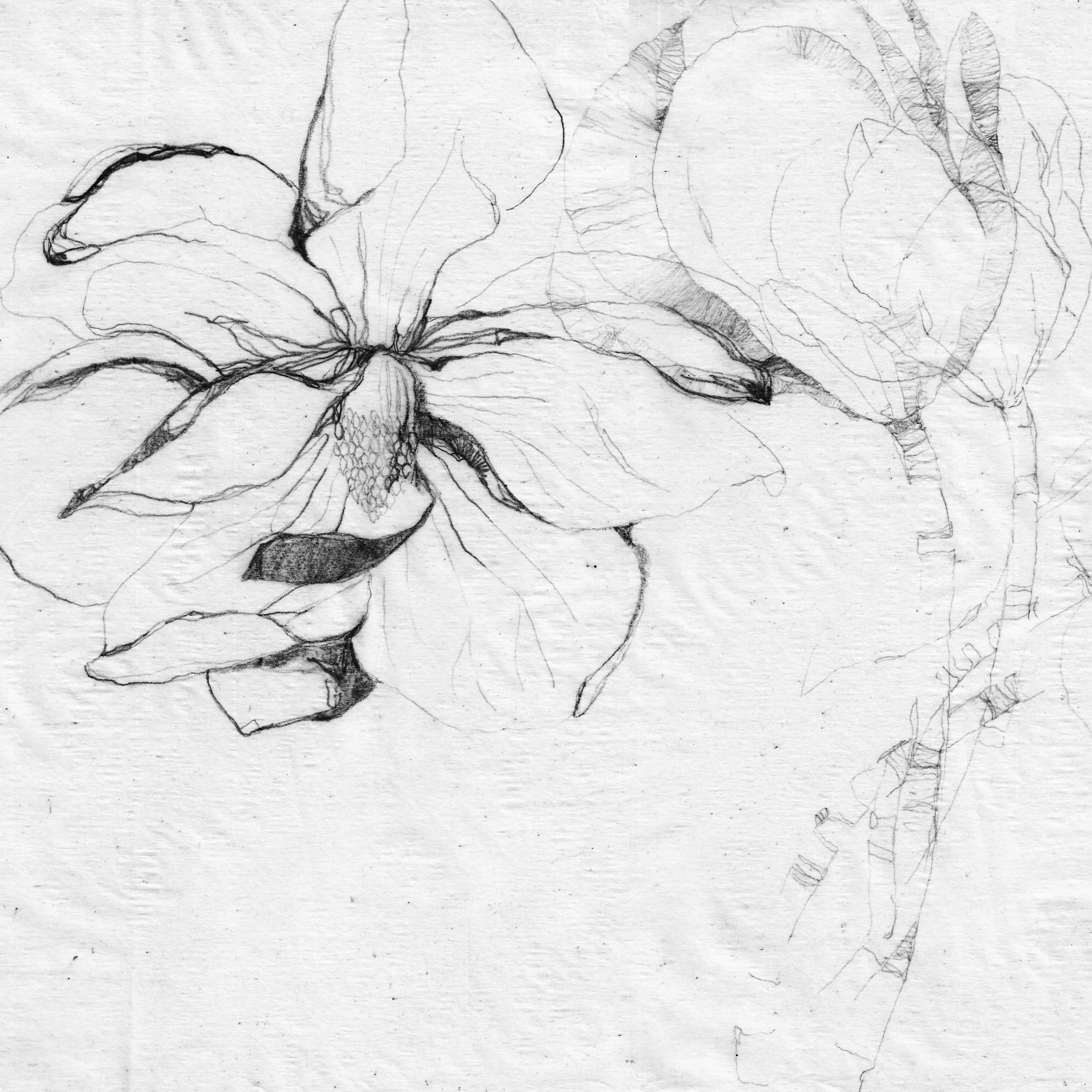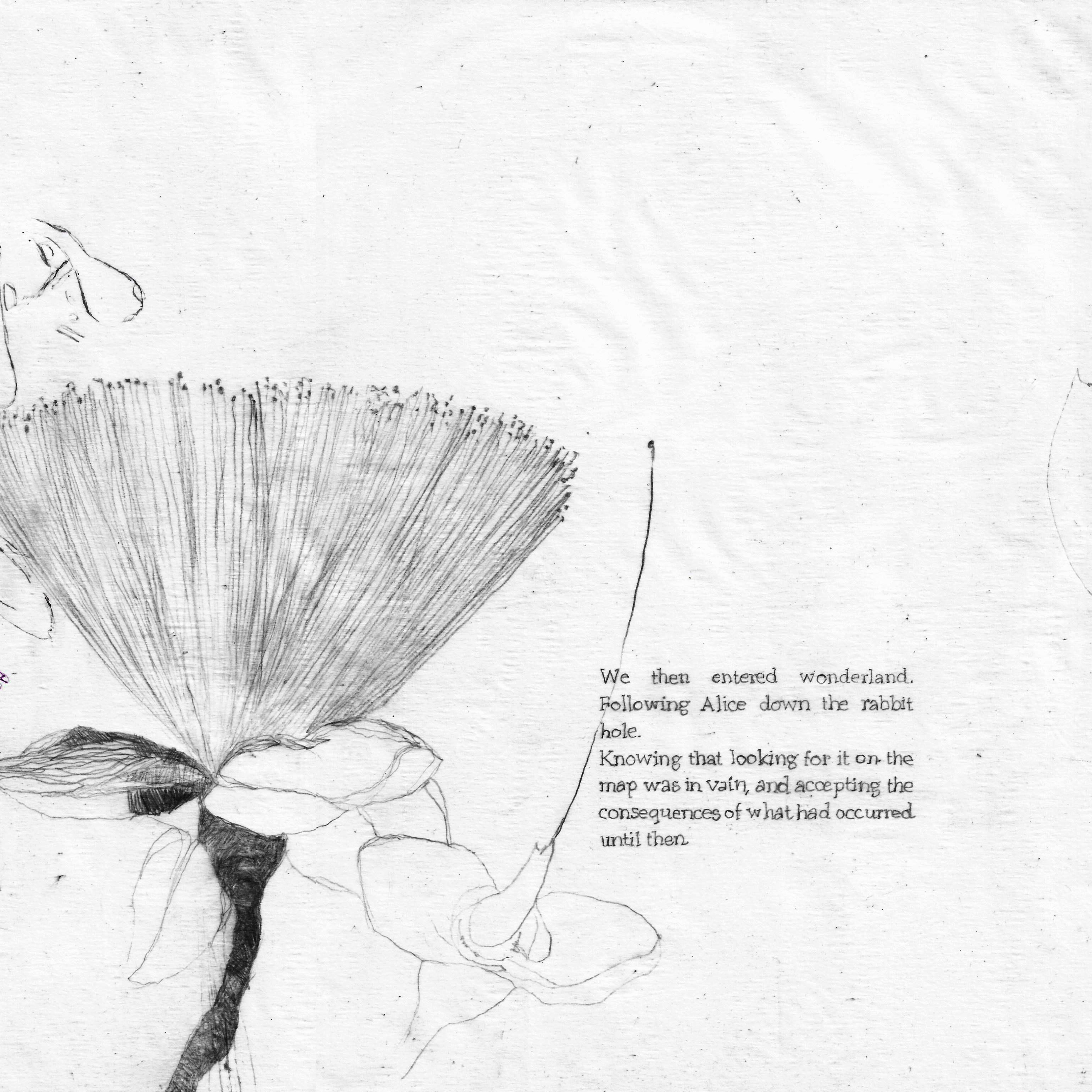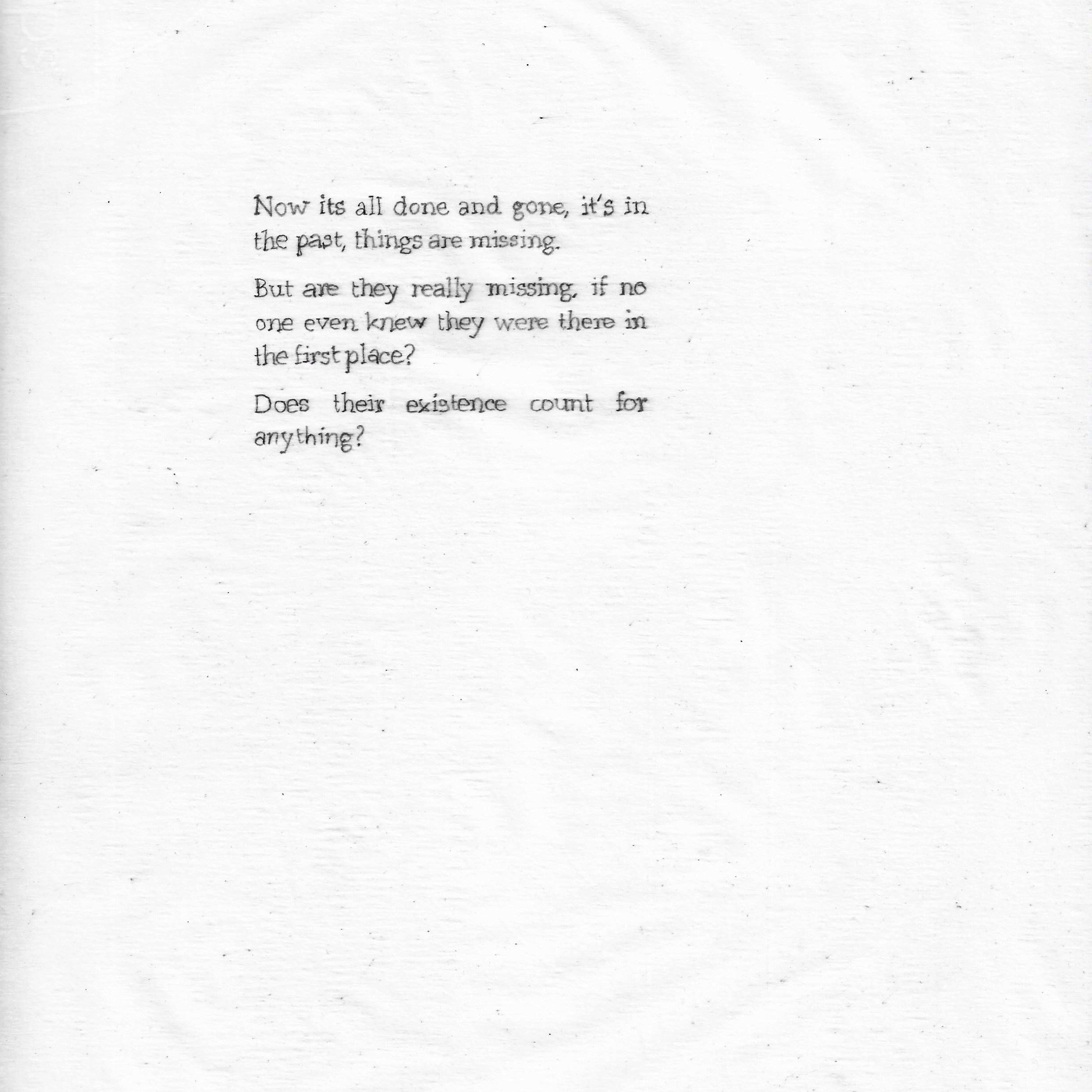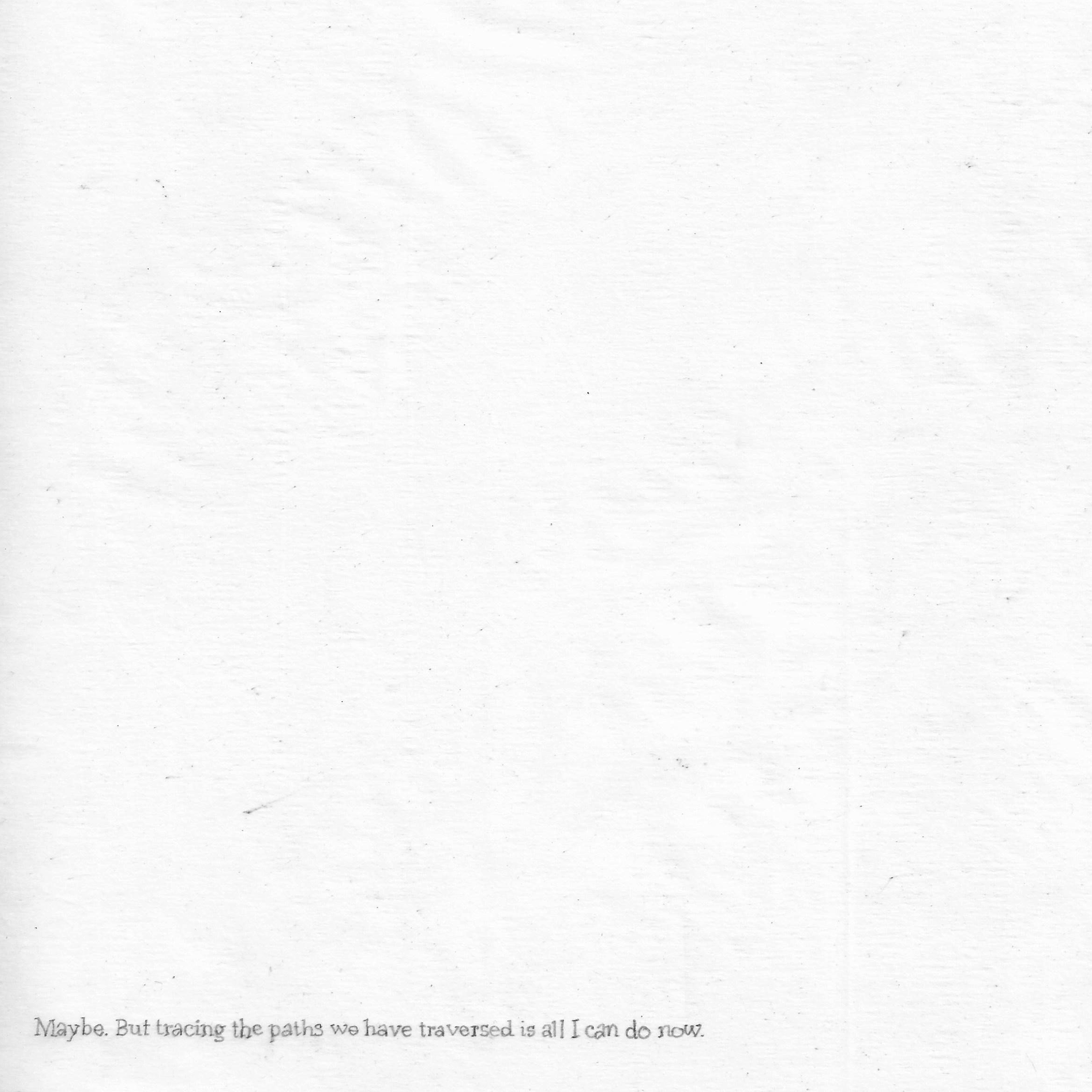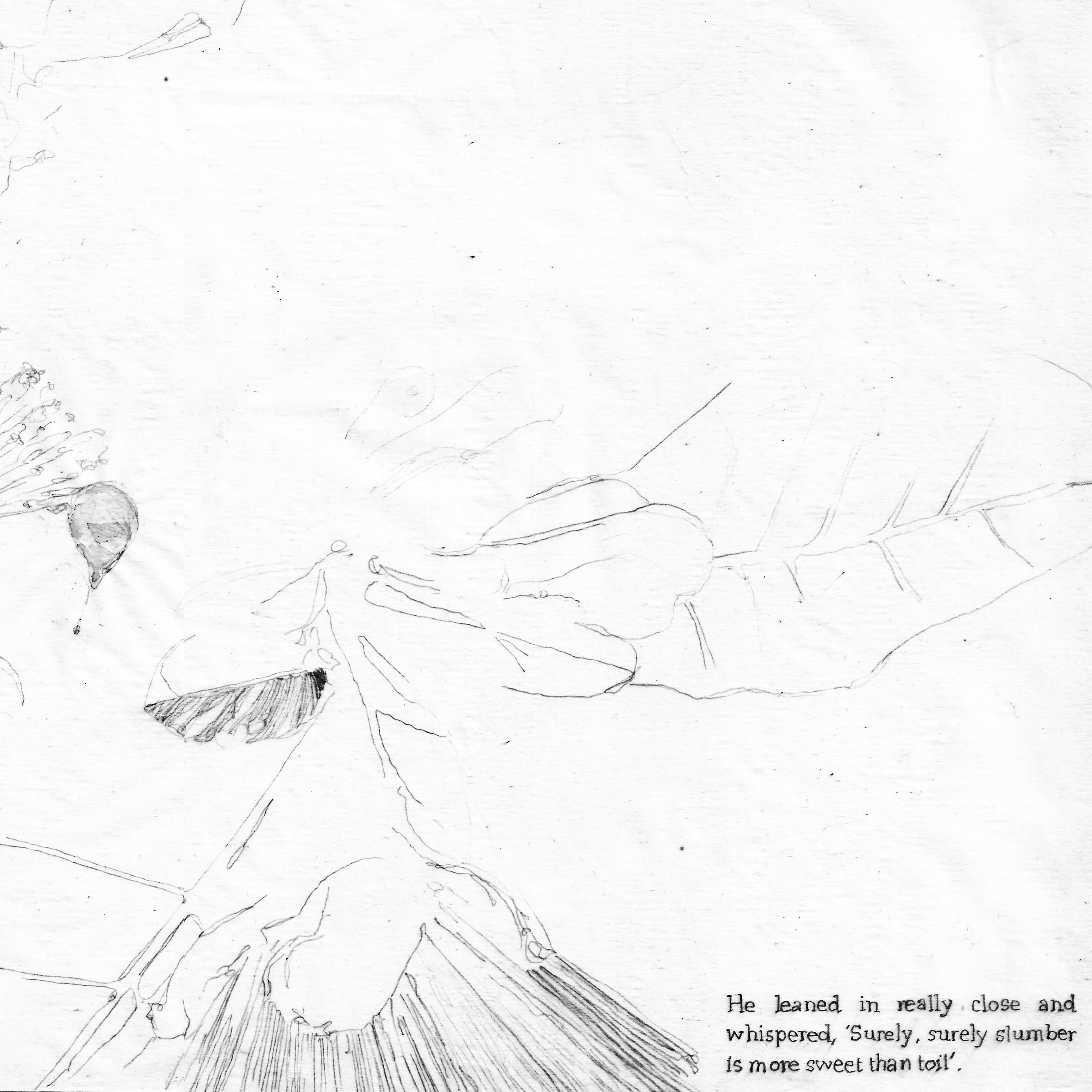And then the lotus eaters came.
Digitized drawings and text, hard bound, fabric
Mumbai and Bangalore
2017-2018
PREFACE
The Odyssey narrates the story of Odysseus and his army returning from a war, with victory on their side - making their way back home; a journey in and of itself. Way-laid over and over, Homer describes men and monsters, kings and communities who they encounter – and one such stumble brings them to the Island of the Lotus Eaters (Lotophagi). A community who play a small and seemingly inconsequential part in Homer’s Odyssey, the Lotus Eaters are but a blip in a voyage of epic proportions.
The literary narrative of the Odyssey unfolds through Homer’s geographical mapping, one that has been analysed and re-mapped by researchers onto our understanding of geography today. An unsynchronization is at place between the arbitrary geography of Homer and his descriptions of places and people.Though this incident is just a few lines within the Odyssey, it weaves a significant metaphor. Hundreds of men, after fighting and winning a war for the ages, are so enamoured by a small community of individuals who live their lives in absolute apathy, that they no longer feel the yearning to go home. A suspension occurs within the epic, and the army belongs to the plant (referred to as the lotus), as Homer attributes these feelings/sensations to a plant that they consume[1].
The adjective, “Lotus Eaters” is one that has seeped into our vocabulary as a description of a personality[2]. The fact that it is a non-human causality, and the effect can be mapped back to a root cause - a plant - allows for transference; to transfer effects of physiological traits, to remain in suspension, to indulge, to not go back home, to make metaphors. The effects of this plant, and the resulting traits, just as they were transferred to Odysseus’ men, can then subsequently have the same effect on anyone, anywhere.
The physicality of this promised land of the Lotus Eaters, and the cardinal North towards which we move as we look for ‘home’, changes with each specimen. Each habitus and description of the specimen then, allows us to locate this community anywhere – in turn locating this forged relationship. Suspended, the plant holds them, and us.
1] The characteristics, personality, physical attributes and attitudes are, a direct derivative of the plant and are in no way inherited biologically.
[2] A person who spends their time indulging in pleasure and luxury rather than dealing with practical concerns.
The mapping, has taken the form of a set of four books and a scroll - Lotophagi. The book is a description of the community and its relationship with us - those who have not consumed the plant.
